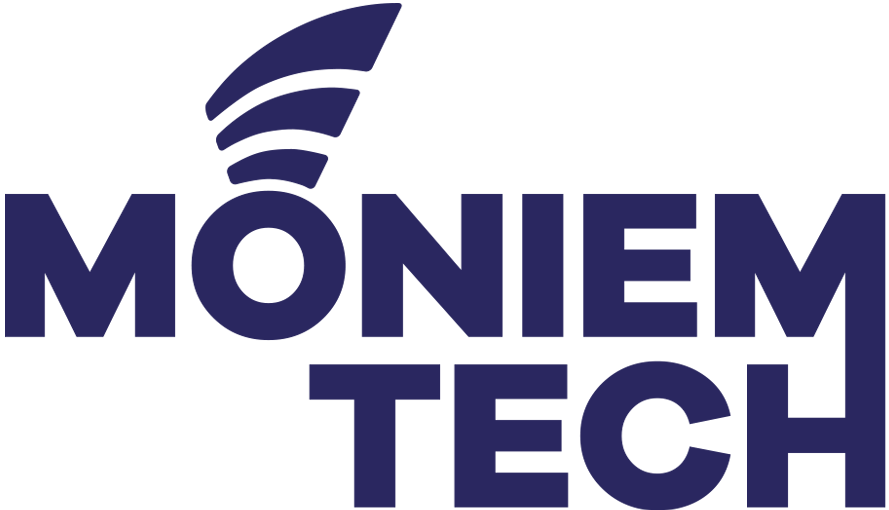There’re many factors that impact the energy consumption in the mobile network operators, some of them related to climate, population density, and data consumption levels, while others are related to the network operators themselves or under its control. So there’re two groups as per GSMA benchmarking: Non-network-related variables – those outside the operator’s control (e.g. […]
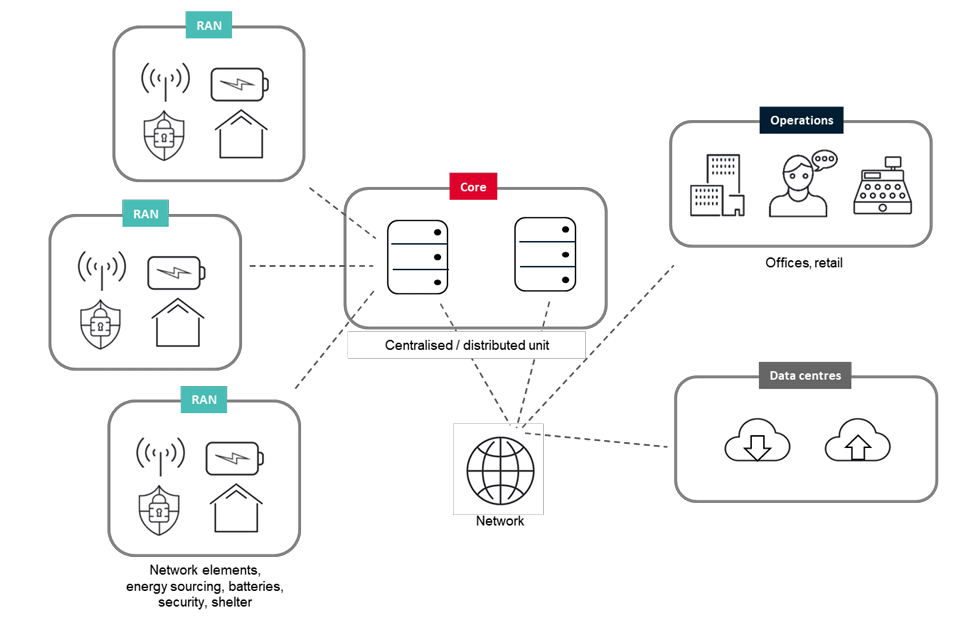

The Security Edge Protection Proxy (SEPP) is a proxy that sits at the perimeter of the PLMN network and enables secured communication between inter-PLMN network messages. It protects the home network and acts as a security gateway. Located at the edge of the network, it polices connections between the home network and the visited networks. […]
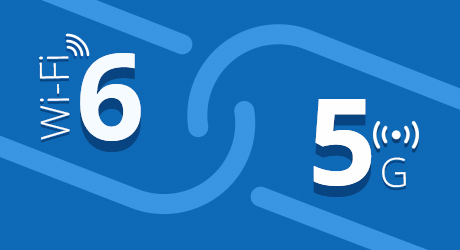
When it comes to questioning, Are 5G and WiFi6E friends or competitors, I prefer to answer “They Should be Friends” 5G (cellular technology) and Wi-Fi 6E (wireless LAN) use similar technical methodologies to provide high-end user experiences. Both 5G and Wi-Fi 6E are the latest versions of their respective technologies. Two common approaches being used […]
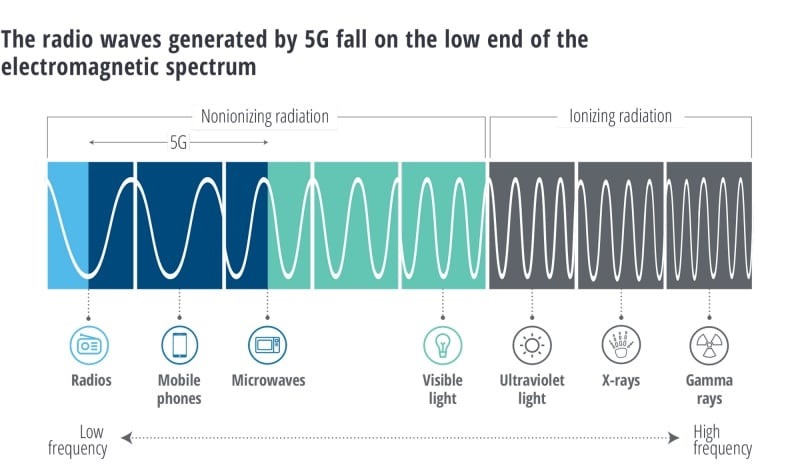
All generations of mobile phone technology, including 5G, take the same familiar underlying approach. A mobile network consists of a nationwide grid of cell sites. These sites feature transmitters that generate radio waves, which are received by a mobile phone’s antenna. The radio waves generated by mobile networks, TV stations, and radio stations are not […]
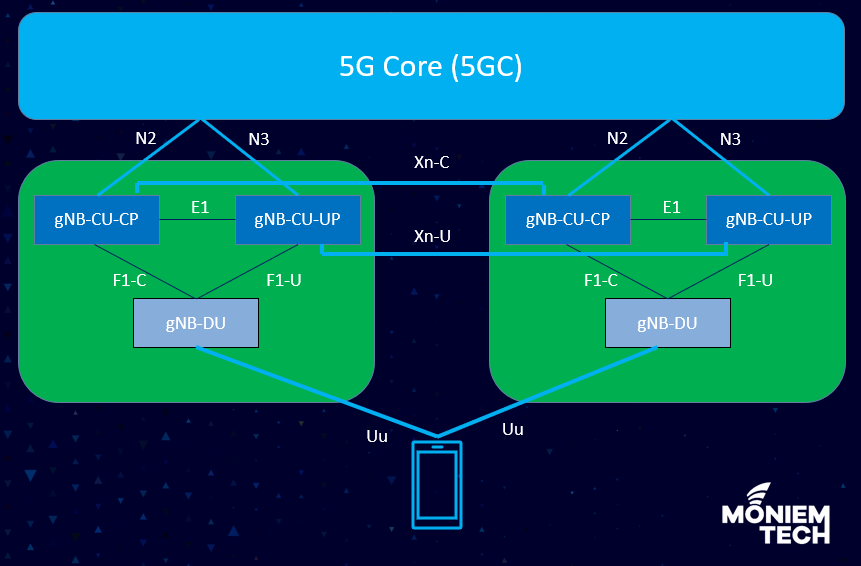
As per 3GPP, The gNB is divided into two logical functions: the CU and DU. The DU is the baseband unit in a 5G RAN. It handles layer 1 and layer 2 processing and fulfills critical functions such as coding/decoding, scheduling, MIMO processing, and beamforming. It makes sub-millisecond decisions about allocating radio resources within a […]
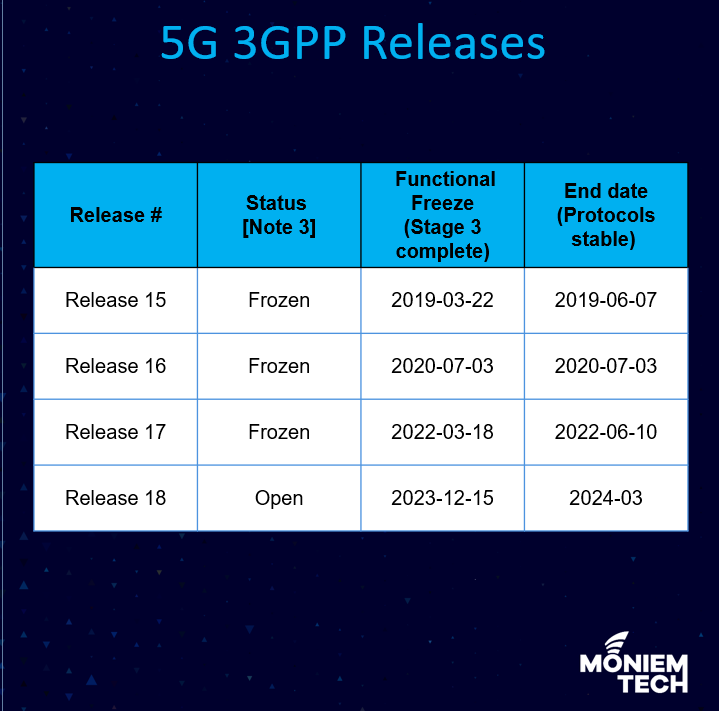
5G is an evolving standard. The initial version of 5G was accomplished with the freezing of Release 15 late-drop in summer 2019. Enhanced features originally were introduced in Release 15 and new features were incorporated in Release 16 in 2020. More enhancements of features defined in prior releases and new features are part of Release […]

5G can be significantly faster than 4G, delivering up to 20 Gigabits-per-second (Gbps) peak data rates and 100+ Megabits-per-second (Mbps) average data rates. 5G has more capacity than 4G. 5G is designed to support a 100x increase in traffic capacity and network efficiency. 5G has lower latency than 4G. 1G, 2G, 3G, and 4G all led […]

3GPP TS 28.541 explains how Yang models are implemented in 5G gNB in gNB-CU and gNB-DU as below: The nrCellDU table models a geographical area of radio coverage that is implemented and supported by physical radio equipment for 5G NR GNB devices, These are contained in GNBDU Functions. Definition NRCELLDU represents the information of a cell […]
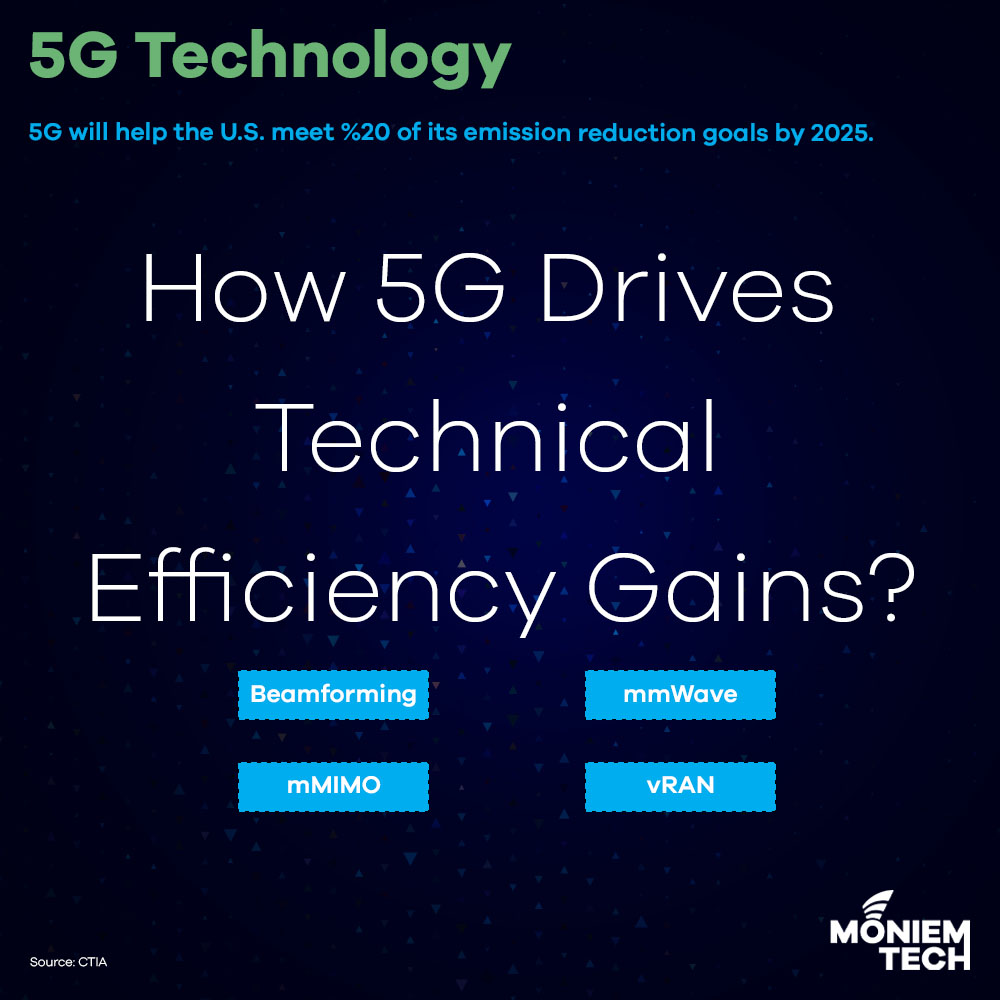
5G builds upon existing network infrastructure to handle the increased demand for data in an interconnected society. It is transforming industries and is changing the way businesses and consumers use mobile technologies, providing substantial processing and efficiency benefits that previous generations of mobile technology did not. 5G can deliver up to 100 times higher bandwidth, […]
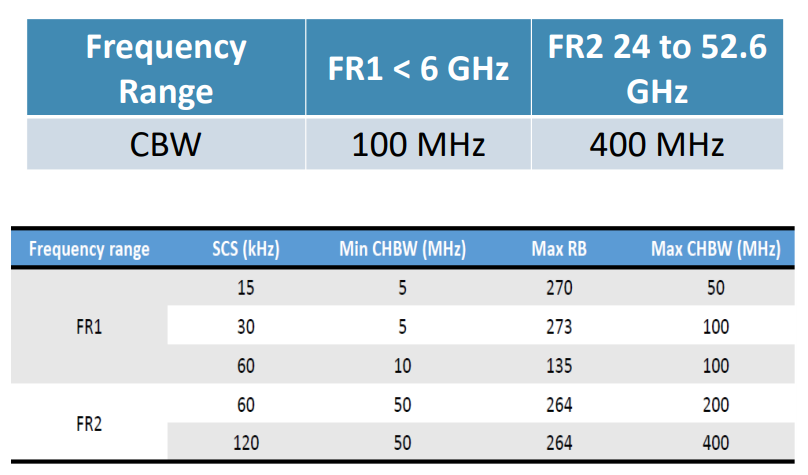
Not all radio spectrums are equal. Sub 1GHz offers the best coverage profile; however, the amount of low band spectrum available is limited. Frequency range two (FR2), i.e. greater than 6GHz, offers a large amount of spectrum with a significantly wide bandwidth (up to 400MHz), but it offers limited coverage. In fact, it is an […]
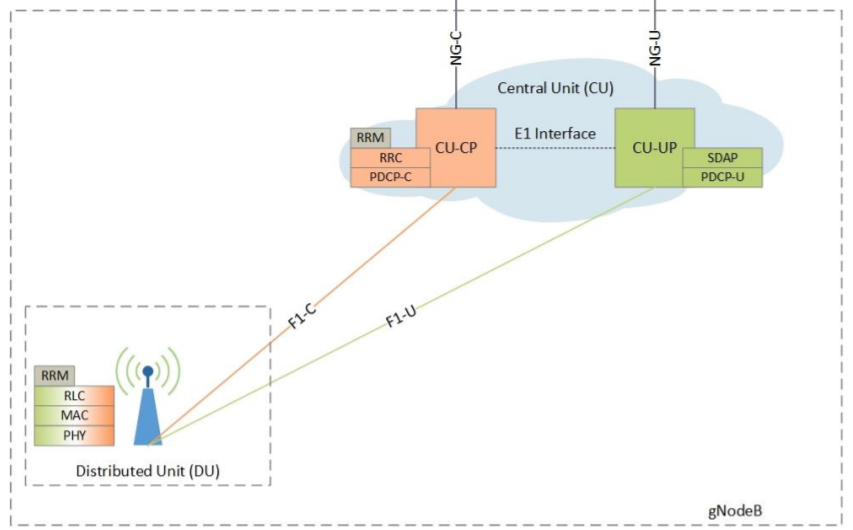
In the high-level network architecture, the RAN is represented as a single functional entity whereas in reality the realization of a 5G RAN is not so straightforward. In GSM/GPRS and UMTS there was a network controller [BSC and RNC] which provided an interface between the radio access network and the core network. This network controller […]
